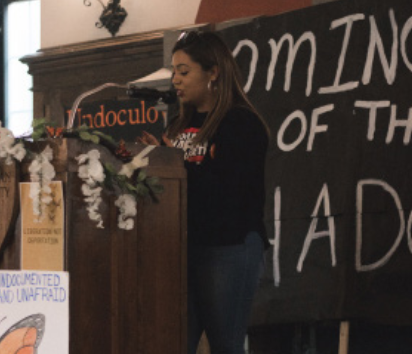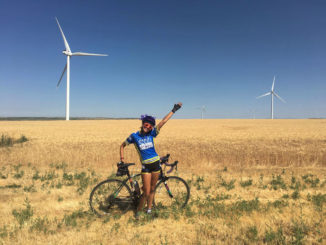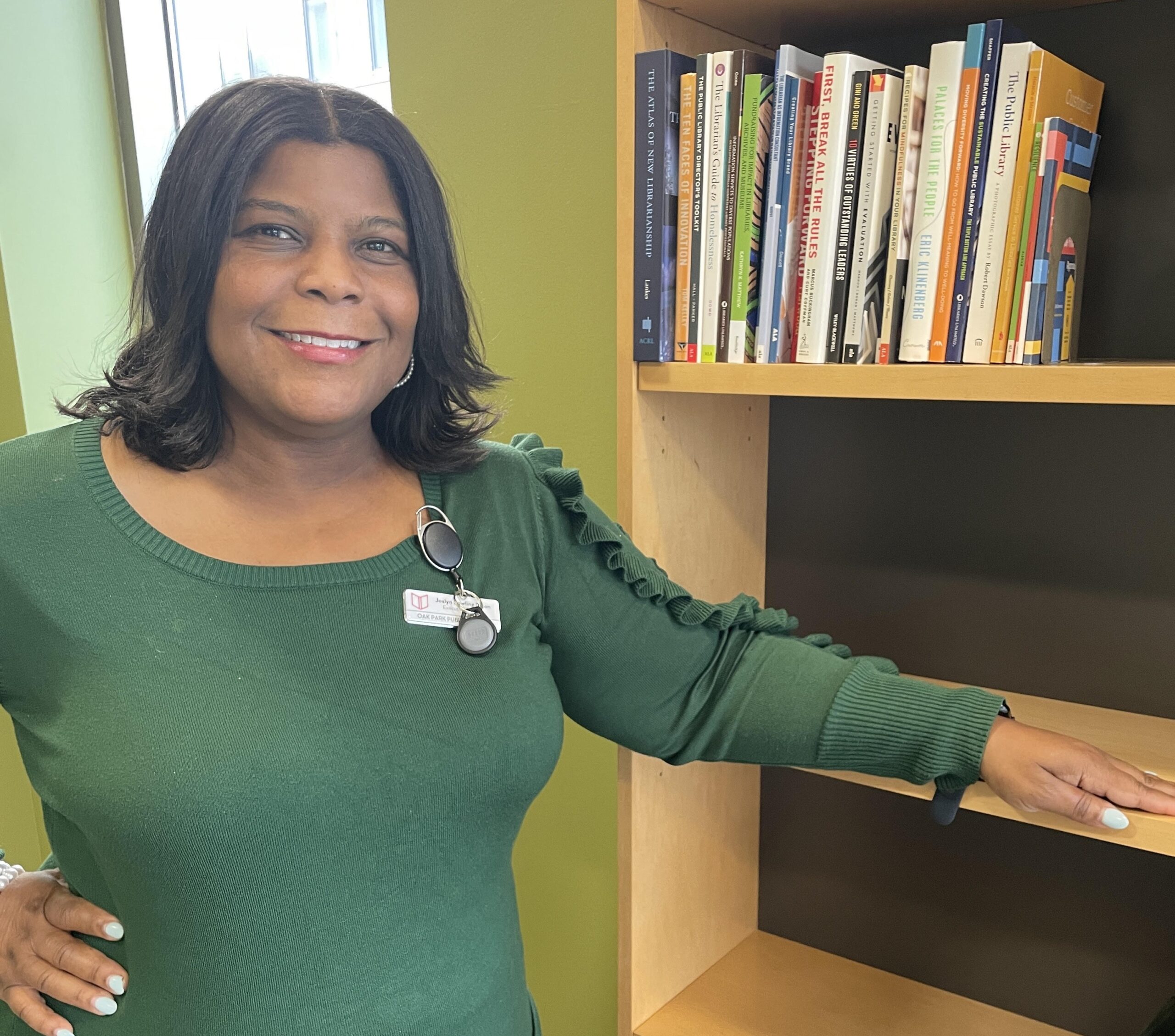
By: Abel Rodriguez
There was not an empty seat in the Social Hall as undocumented students shared their stories of hardship and perseverance at the 2019 Coming out of the Shadows rally.
The rally began at di erent locations throughout campus.
Soon, groups of students and faculty took to the hallways and chanted, “Undocumented, unafraid, immigrants are welcome here.”
The activists marched throughout the main campus, purposely drawing attention to themselves, to attract more people to attend the rally.
Back in the Social Hall, President of Dominican Immigrant Student Collective (DISC), Diana Hernandez, took center stage rst. She began the event by explaining that undocumented students are almost always classi ed by their legal status and not their individuality. After her brief speech, she handed the stage to the various speakers.
Aracely was one of the First speakers of the evening.
She withheld her last name. Fighting back tears, she told of the dangers she went through with her family to come to the U.S. at the age of 11.
Despite now living in the U.S. her hardships have not eased, she’s had to deal with law enforcement and has spoken with immigration lawyers several times.
“It’s not fair,” she said referring to her arduous journey for an education and a peaceful life.
Despite her struggles, Aracely is on course to complete a triple major at Dominican.
Passion and support lled the room, there was hardly any moments of silence.
Spectators clapped, cheered or chanted as the speakers shared their stories.
As the speakers rotated, student Carlos Benítez restarted the chants and pumped up the crowd for the next presenter.
Dominican alumna Stephanie Zaballa took the stand near the end of the rally. Like many in the LGBTQ community she feared coming out to her parents.
For Zaballa, coming out was much more than sexual orientation, it was also about citizenship. As an undocumented Latina, her parents expected her to marry a male citizen, so she could obtain a green card.
“No one should have to strive for marriage for a better life,” she said.
Later in her speech she recounted the pain she felt having to watch her grandmother’s funeral through video call because of a legal status. Living in the U.S. without legal permission, she would not have been able to reenter the United States had she gone to her grandmother’s funeral in Mexico.
“The goal is not citizenship, its liberation,” she said.
According to Hernandez, undocumented students face many challenges when pursuing college degrees.
“Undocumented students do not qualify for FAFSA or state aid,” she said.
Without federal aid, undocumented students have to rely on private loans, institutional scholarships or paying tuition out of pocket so they can attend university.
Besides nancial hardships they also have to deal with state laws “that do not allow undocumented students to obtain their professional licensing,” she said.
With all the added hardships undocumented students face, “Coming Out of the Shadows is to build community,” said Hernandez. “It is to let them know that they are not the one ones who are in these pressurized situations.”
According to Hernandez, organizations such as DISC, Title V and El Centro have held workshops for undocumented students to aid with DACA renewal and professional licensing. They have also created an emergency fund to help students with DACA renewal.
rodrabel@my.dom.edu



